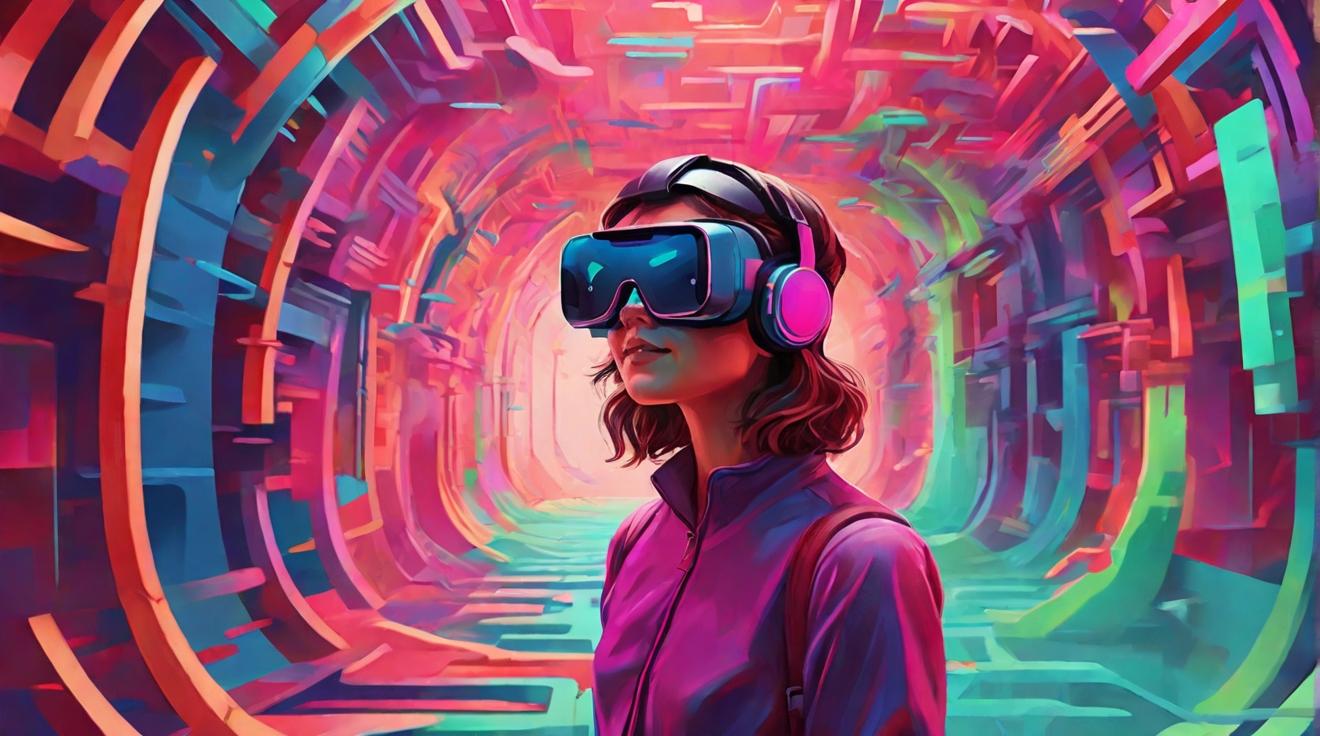Cambridge Study Finds VR Could Detect Early Alzheimer’s Symptoms
Cambridge researchers may have made a groundbreaking medical breakthrough with the potential to detect early signs of Alzheimer’s through virtual reality (VR) technology. The University of Cambridge conducted a study in which volunteers were immersed in a spatial environment to test their navigation abilities, which have been identified as an early warning sign of Alzheimer’s disease. The research highlights the potential for navigation skills to serve as an important indicator of dementia risk.
The study involved 100 asymptomatic adults ranging in age from 43 to 66, and its main objective was to establish a link between navigation abilities and the risk of developing dementia. Dr. Richard Oakley, Associate Director of Research and Innovation at the Alzheimer’s Society, explains that early symptoms of dementia can often be subtle, with navigation problems frequently being among the first signs of Alzheimer’s disease. Professor Dennis Chan, one of the lead researchers, stresses that the VR navigation test relies on an understanding of the brain’s spatial cells and their connection to clinical symptoms.
While Dr. Oakley acknowledges the need for further development of VR technology, he also recognizes its potential for early detection of Alzheimer’s and for assisting individuals living with dementia. The study’s research team, which includes Dr. Coco Newton from the UCL Institute of Cognitive Neuroscience and formerly affiliated with the University of Cambridge, believes that the observed changes in navigation behavior during the study may serve as early diagnostic signals of Alzheimer’s disease progression.
Analyst comment
Positive news. The Cambridge study suggests that VR technology could be used to detect early signs of Alzheimer’s through testing navigation abilities. This breakthrough has the potential to aid in early detection and assist individuals living with dementia. Further development of VR technology is needed, but it shows promise for early diagnostics.













